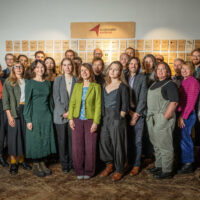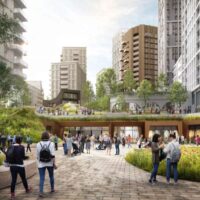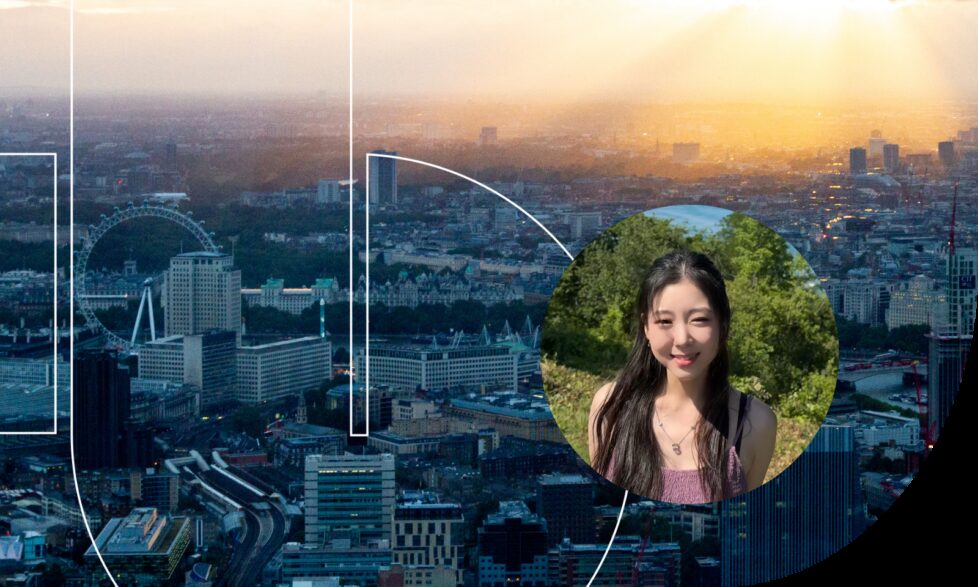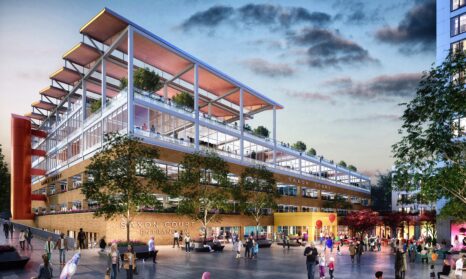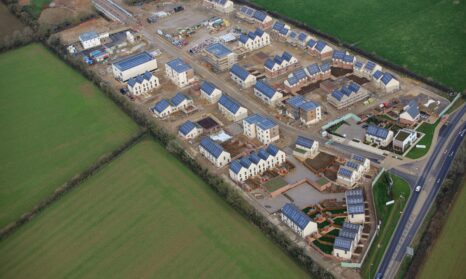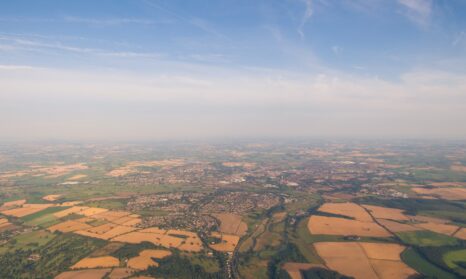How to become a sustainability consultant in 2025
A few months ago, I took my first steps into the world of sustainability consulting. This niche field felt perfect, as I had been looking for an opportunity to build on my academic knowledge in policy and sustainable planning. But getting here has not been easy. Despite the increasing urgency to address the climate and ecological emergency through the built environment, there is surprisingly little guidance available for fresh graduates to grasp what careers are available in this field, or the values that underpin the work.
...the built environment is responsible for a staggering 40% of global greenhouse gas (GHG) emissions and 25% of the UK’s GHG emissions.
Why sustainability consulting in the built environment?
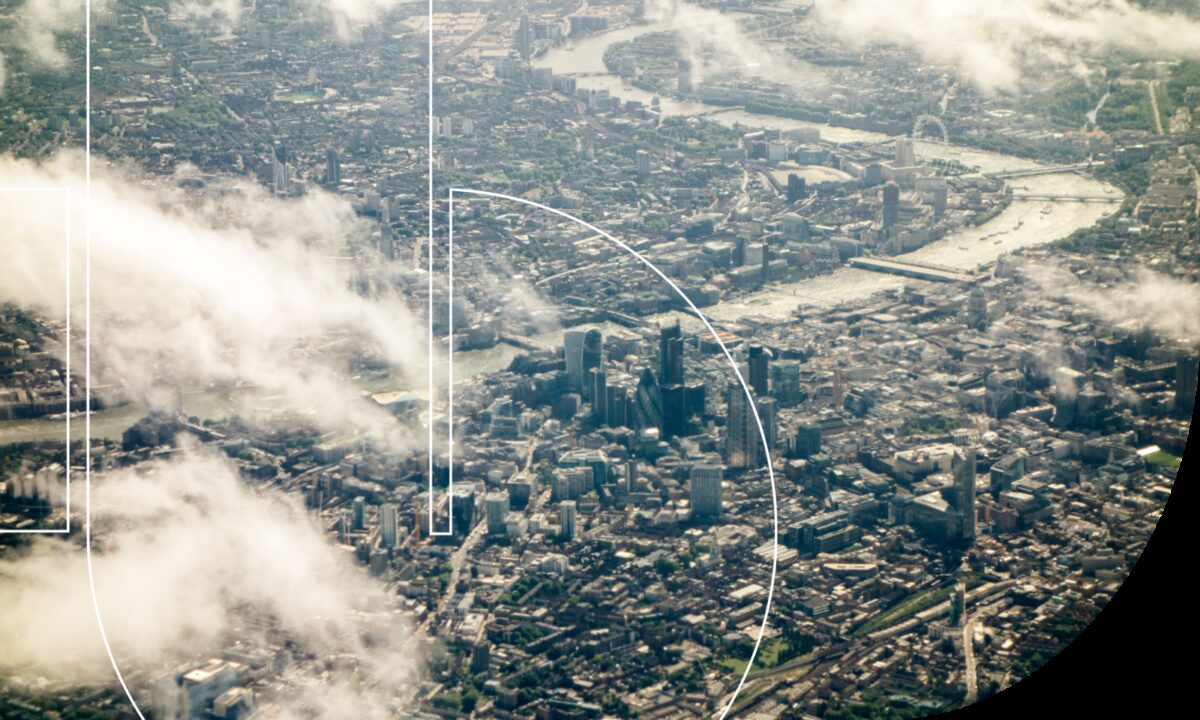
If you’re reading this, you’ll probably already know that the built environment is responsible for a staggering 40% of global greenhouse gas (GHG) emissions and 25% of the UK’s GHG emissions. The industry is tasked to meet its net-zero target by 2050, but precisely how that transformation will happen remains unclear.
This is where sustainability consultancy comes into play, and where graduates can find untapped opportunities to help define the future of sustainable practices within the built environment. But at the moment, there simply aren’t enough of us. Demand for workers with sustainability expertise is outpacing the supply of talent. Lack of awareness about ESG challenges, an ageing workforce, and lingering misconceptions about careers in sustainability all contribute to the growing skills gap amongst the new generation of workers.
Who is sustainability consulting for?
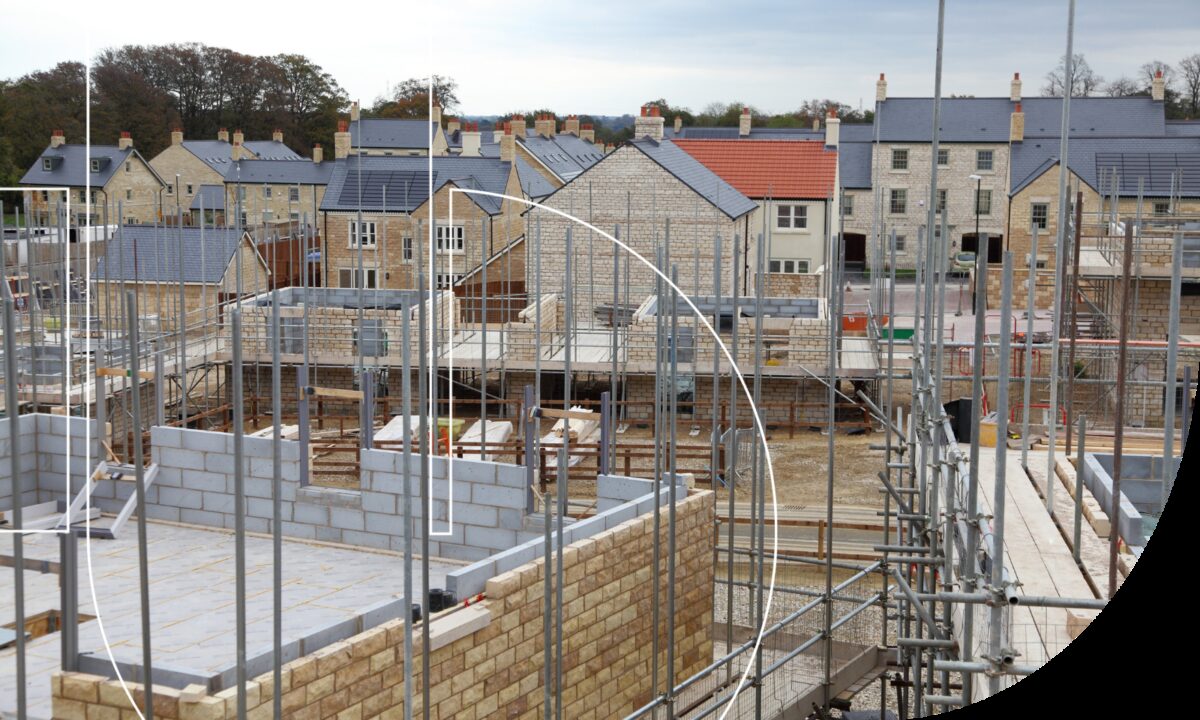
Many sustainability challenges are wicked problems - complex, interconnected problems that don't have straightforward solutions. Hence, working in sustainability consulting demands that you be comfortable with uncertainty and constantly evolving ideas. If you are considering a career in sustainability consulting or sustainable development, you should consider developing the following three key qualities:
- Adaptability: When working in an environment where regulations and stakeholder priorities are constantly evolving, adaptability is crucial. My day-to-day work involves bridging gaps between policy, industry, and community needs, often switching hats between the public and private sectors.
- Systems-thinking approach: Understanding the bigger picture and how various aspects of sustainability are interconnected, is crucial for holistic and flexible thinking. My initial interest in community engagement in planning led me to delve deeper into tensions between climate policy, governance, and economic viability. Unlike many others who approach these issues as if they can be solved individually, effective sustainability consultants use their unique lenses to connect them. This big-picture, systems-thinking approach shapes my everyday work, particularly in applying frameworks like One Planet Living, where there is no one-size-fits-all solution.
- Commitment to learning: Above all else, sustainability consultants have to be committed to continuous learning and take responsibility for their own development. Fortunately, I found a supportive environment at Bioregional, where I’ve had the freedom to design my own learning path. Since joining the team, I’ve spent time deepening my knowledge in biodiversity, energy efficiency, and policymaking, while also learning technical skills such as building lifecycle carbon assessments and UI/UX design in Power BI. Such skills support much of my work, including our brand-new Net-zero Spatial Planning Tool, which supports spatial carbon planning and assesses sustainable development scenarios.
